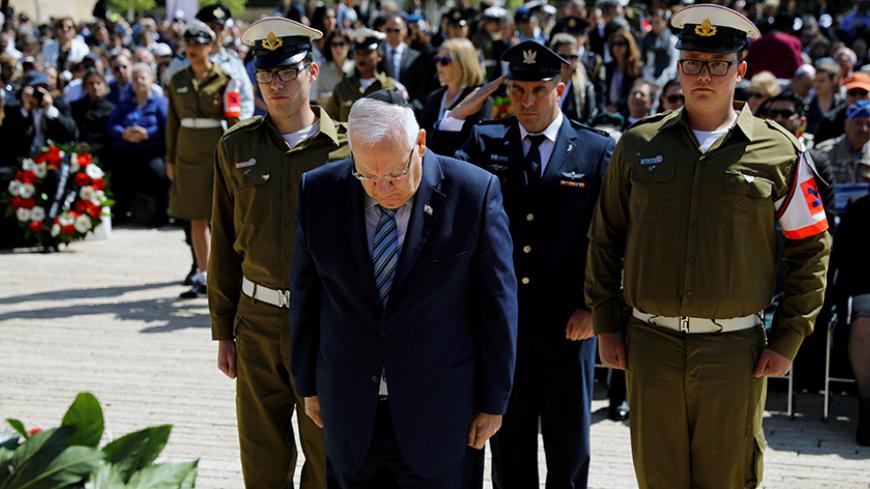How the Holocaust became part of Israel’s identity
Over the years, the memory of the Holocaust has shaped the new Israeli identity with notions of victimhood rather than lessons of tolerance.

“It was just about 70 years ago during the Holocaust that we were gunned down like this,” said Rabbi Yisroel Goldstein, who was injured April 28 when a gunman opened fire at a Chabad synagogue in the San Diego suburb of Poway, murdering congregant Lori Gilbert-Kaye. “I just want to let our fellow Americans know we aren’t going to let this happen here.”
Sadly, hardly a week passes without a radical nationalist, zealot or emotionally disturbed individual shooting indiscriminately at innocent men, women and children in the United States. It happens in public schools, mosques, churches and synagogues, too. In April alone, 25 Americans were killed and dozens were wounded in 33 mass shooting attacks, an average of over one a day. Each attack sets off the debate about controlling the sale of deadly weapons. The growing number of murders attributed to white supremacists also sparks criticism of the forgiving attitude and even sympathy that senior political figures express toward neo-fascist groups. However, anytime Jews are targeted in mass shootings because of their religion, someone invariably brings up the Holocaust.






